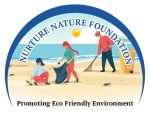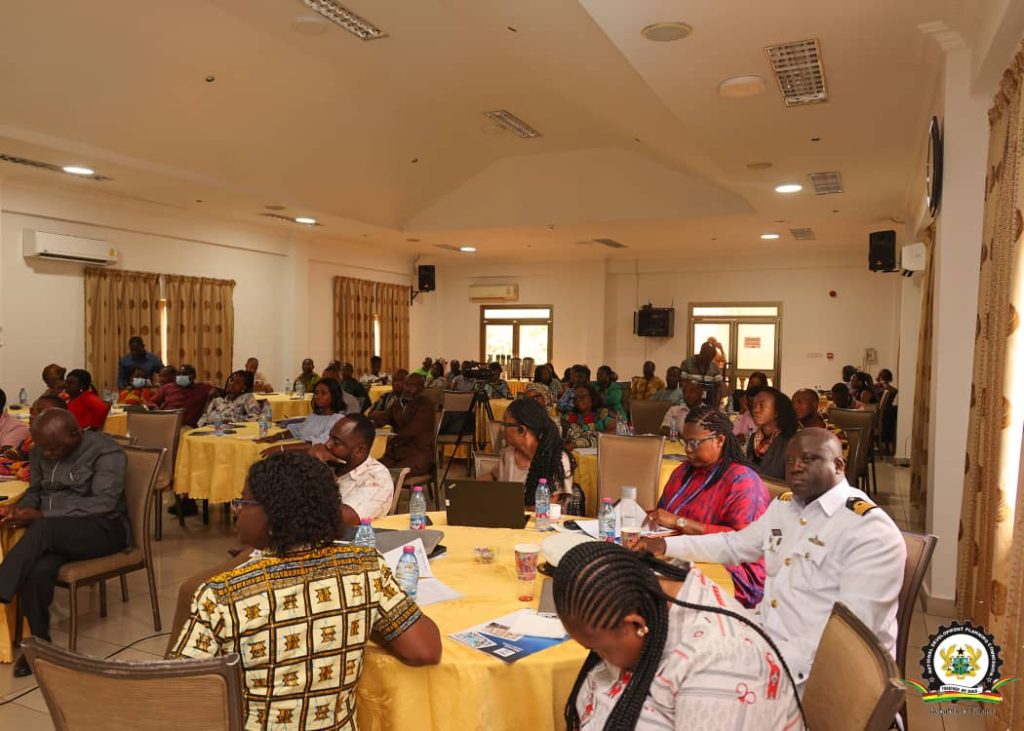Executive Summary
The Ghana Sustainable Ocean Plan Discourse brought together government officials, academia, civil society, private sector actors, and community representatives to deliberate on the future of Ghana’s ocean governance. The discussions centered on financing, institutional frameworks, community engagement, and sustainable practices. Stakeholders agreed on the urgent need for strong coordination, robust financing mechanisms, and grassroots mobilization to safeguard marine ecosystems while fostering economic opportunities.
Session Highlights
1. Opening Session
- Moderator: Emphasized Ghana’s dependence on the ocean for food security, jobs, and biodiversity. Called for inclusive dialogue to shape a national plan.
- Key Message: “Without a clear, coordinated ocean plan, Ghana risks losing both ecological wealth and economic opportunities.”
2. Fisheries and Ocean Governance
- Government Representative: Reaffirmed Ghana’s commitment to SDG 14. Stressed enforcement against IUU fishing.
- Academic: Presented data on fish stock decline; proposed marine resource units and integration of oil and gas considerations.
- Community Representative: Highlighted coastal women’s livelihoods; called for equity and inclusivity.
Pull Quote: “The livelihoods of women along the coast must not be sidelined in Ghana’s ocean future.”
3. Blue Economy and Financing
- Private Sector Representative: Expressed interest in aquaculture, eco-tourism, and marine transport, but demanded accountability frameworks.
- Investor: Noted that economic value generation is key to sustaining government and private investment.
- Government Representative: Proposed establishing a National Maritime Operations Center for coordination and security.
Audience Reaction: Strong applause in support of financing reforms and private sector involvement.
4. Pollution, Climate Change, and Coastal Resilience
- NGO Representative: Warned about fragmented data collection and duplication of efforts.
- Technical Expert: Urged climate-proofing of port and coastal infrastructure.
- Civil Society Leader: Advocated for awareness campaigns via schools, churches, and social media.
Pull Quote: “We must climate-proof our ports and communities to withstand the storms ahead.”
5. Education, Knowledge, and Data
- Research Scientist: Called for a stronger domestic capacity in marine research and monitoring.
- Academic: Urged investment in systematic data collection and use of technology.
- Community Advocate: Stressed the role of youth and gender equality in education and outreach.
Audience Reaction: Loud applause for youth and women’s inclusion in ocean literacy campaigns.
Key Risks Discussed
- Political Risks: Governance transitions undermining long-term plans.
- Economic Risks: Limited financing and reliance on foreign aid.
- Institutional Risks: Mandate overlaps and poor coordination.
- Environmental Risks: Coastal erosion, climate change, and ecosystem decline.
Recommendations
- National Ocean Governance Council: Establish a high-level coordinating body with legal authority.
- Blue Finance Strategy: Mobilize investment through public-private partnerships and impact investments.
- Ocean Literacy Campaign: Engage schools, media, and communities in ocean sustainability.
- Data and Research Systems: Strengthen domestic data collection and innovation capacity.
- Gender and Inclusivity: Mainstream gender equality and community voices in decision-making.
- Maritime Operations Center: Enhance coordination and maritime security.
Closing Session
- Civil Society Leader: Warned that without transparency and inclusivity, the plan risks becoming another shelved document.
- Moderator: Closed with a call to action, urging stakeholders to transform commitments into practice.
Pull Quote: “The ocean plan must live beyond documents – it must live in the lives of our people.”
Audience: Standing applause, signaling unity and urgency in shaping Ghana’s ocean future.
End of Conference Report
Report by:
EuniceSally Hiabor
Sustainable Project Lead
Nurture Nature Foundation

